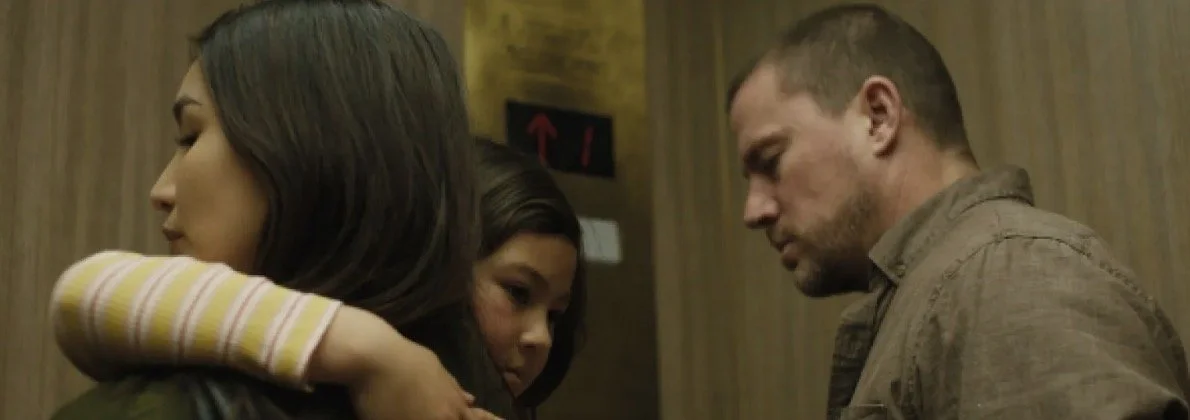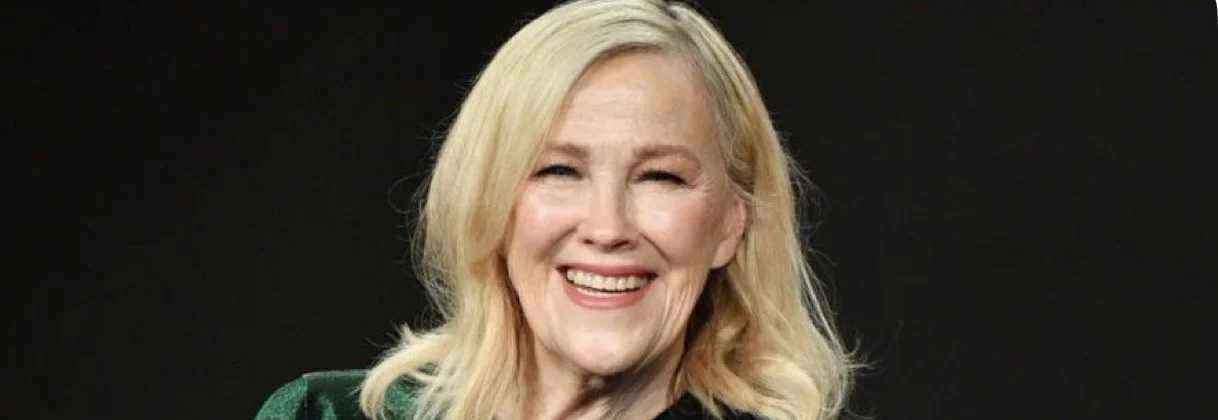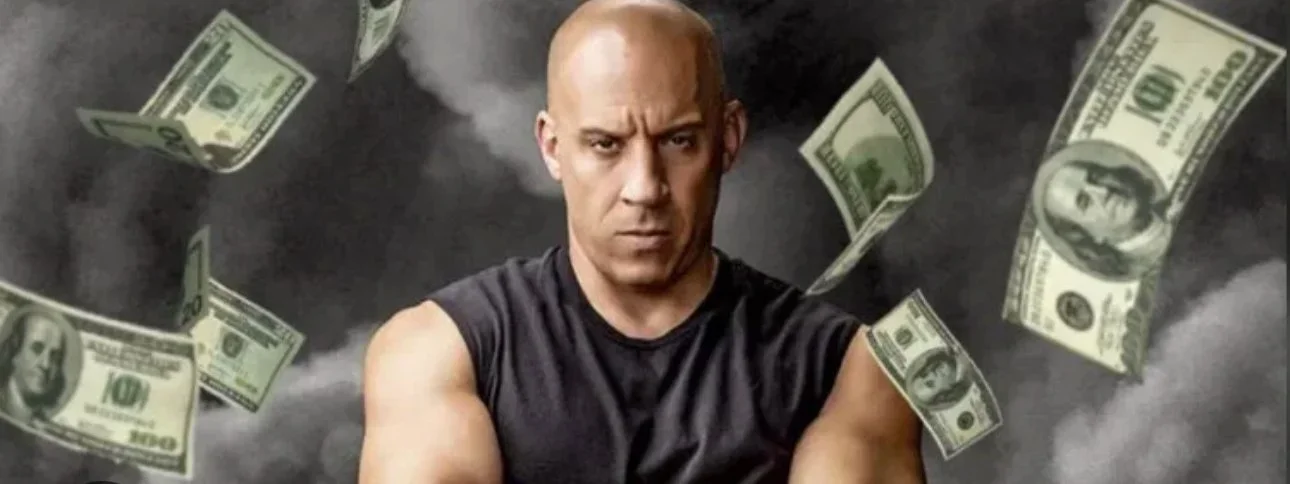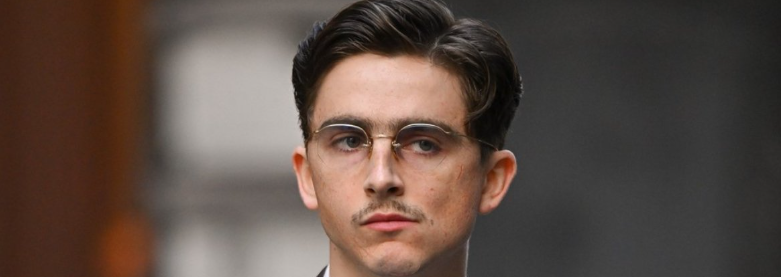On February 2, 2014, Philip Seymour Hoffman, the defining character actor of his generation, was found dead in his Manhattan apartment. A heroin overdose. He was 46. A decade later, it still feels unreal. But in the years since, his legend has only grown.
Now, eleven years gone, tributes to Hoffman continue to flood online in celebration of what would have been his 58th birthday; cinephile forums, and editorial pages alike are remembering him.
The response feels fitting. For many, his loss still stings, still feels unresolved. Because the truth is, in every film he touched, he made it better. That was just what he did. It’s the most repeated compliment he gets, and perhaps the highest an actor can earn: he elevated everything.
He won an Oscar for “Capote,” and deservedly so. But that was far from his greatest work. There’s the fearless, five-film collaboration with Paul Thomas Anderson. His strange, tender chemistry with Adam Sandler in “Punch-Drunk Love.” The restrained, passive-aggressive cool of Art Howe in “Moneyball.” The unsettling predator in “Happiness.” He played men on the margins, losers, misfits, manipulators — sometimes despicable, often fragile, always human.
Hoffman inhabited his roles with such conviction and fire that watching him often felt like staring into something dangerously real. And when he left us, he did so at the peak of his power, and still capable of greatness we’ll now never see.
Maybe the outpouring of emotion isn’t just about him, though. Maybe it’s also about what his absence represents: a loss not only of a great actor, but of a cinematic era. A time when films aimed squarely at adults, when character actors weren’t just tolerated but revered.
Look at the work he left behind— in a 15 year span he gave us ”Boogie Nights,” “Magnolia,” “The Talented Mr. Ripley,” “The Big Lebowski,” “Almost Famous,” “25th Hour,” “Before the Devil Knows You’re Dead,” “Capote,” “Punch Drunk Love,” “Moneyball,” “Synecdoche, New York,” “Doubt,” “Owning Mahoney,” “The Master.”
It’s difficult to measure what he meant—or what he would’ve gone on to do. But if tonight feels like the right night to return to one of his films, that’s because we’re still not done with him.






